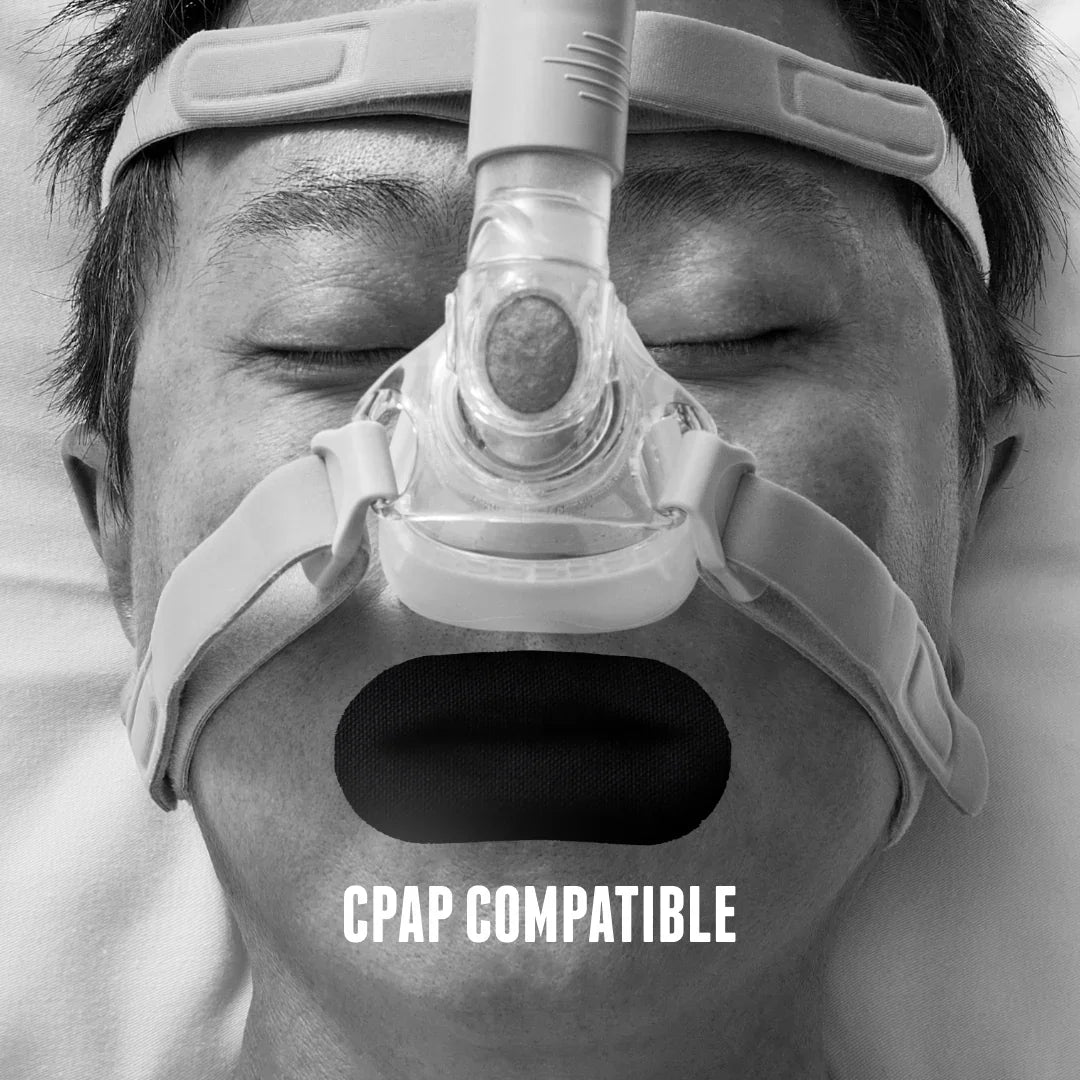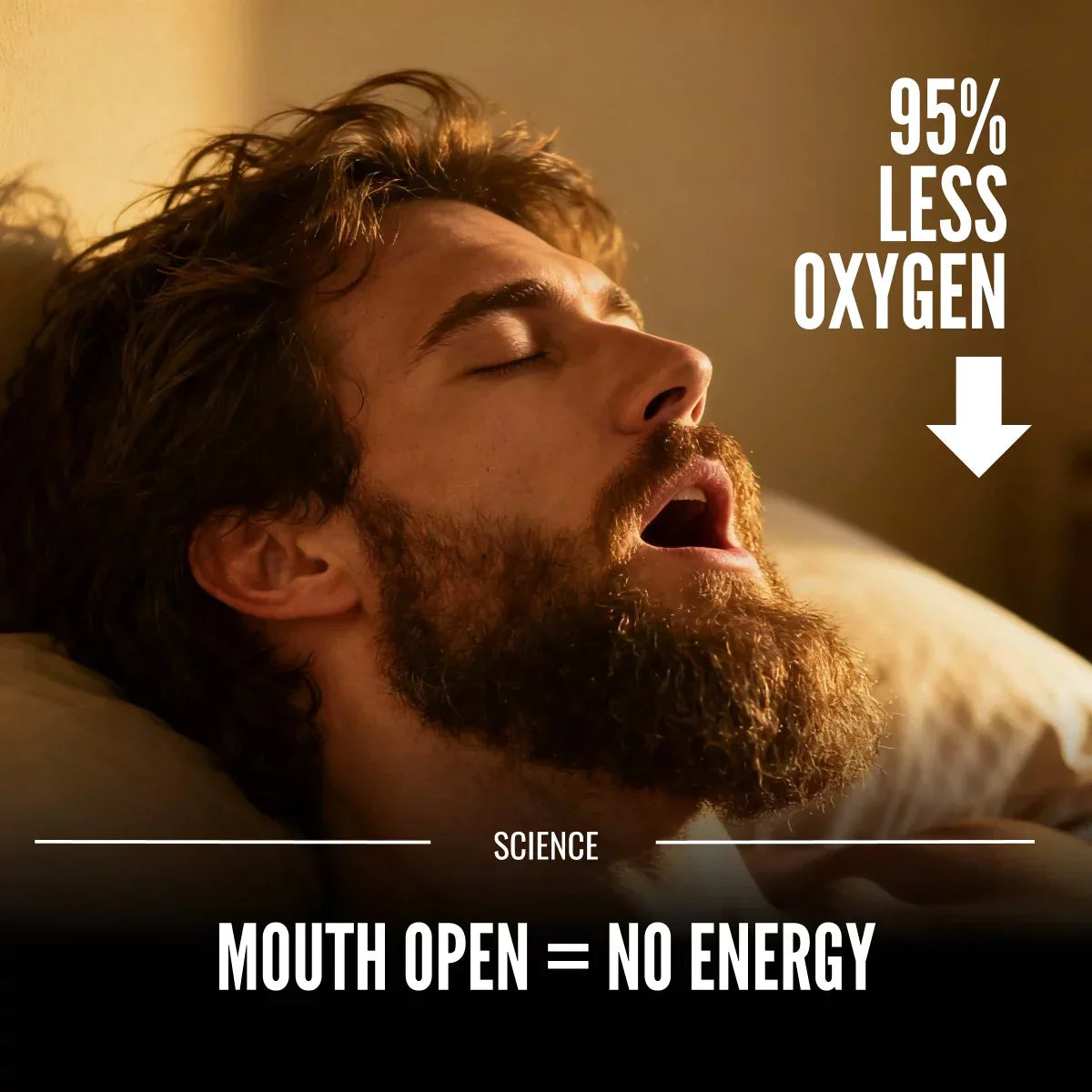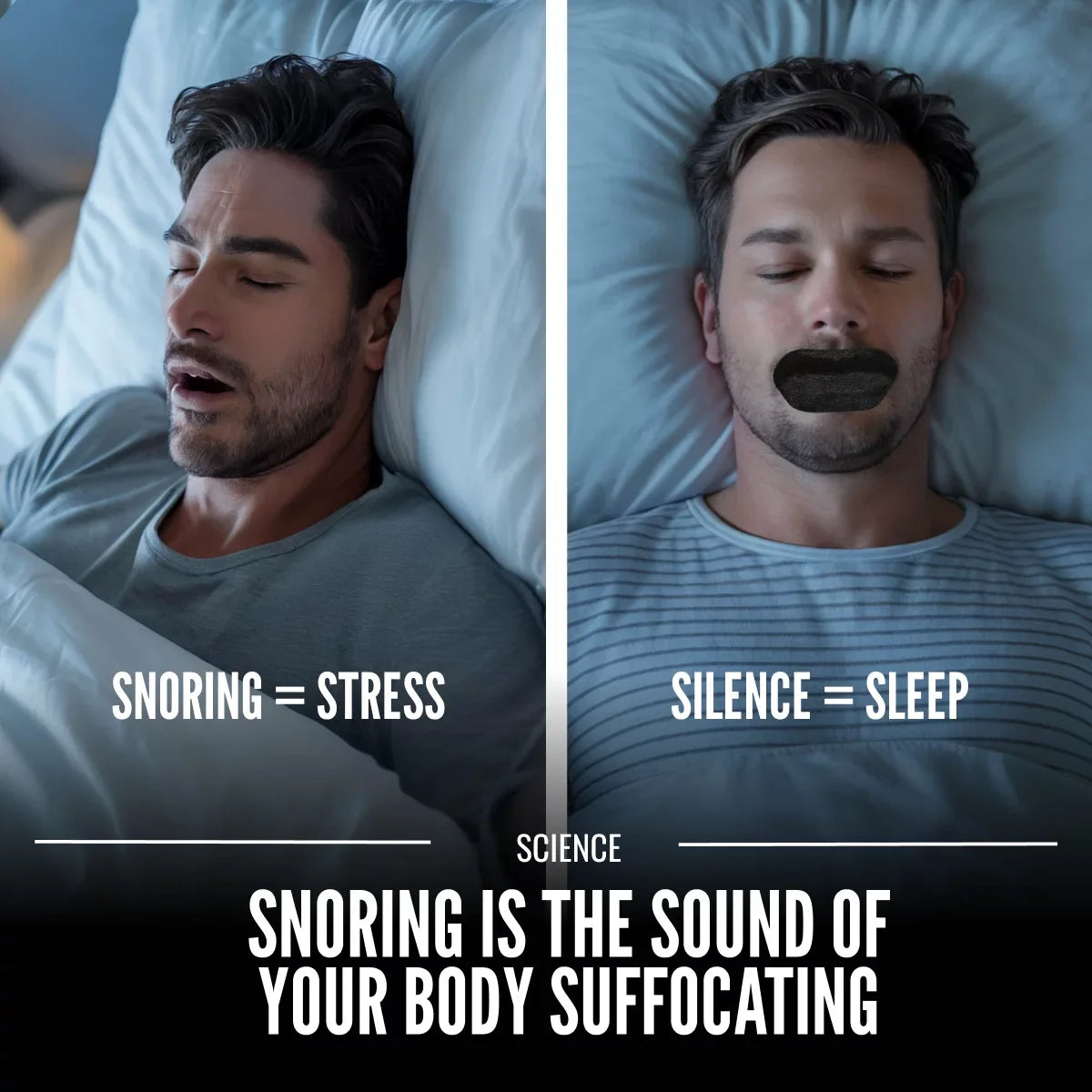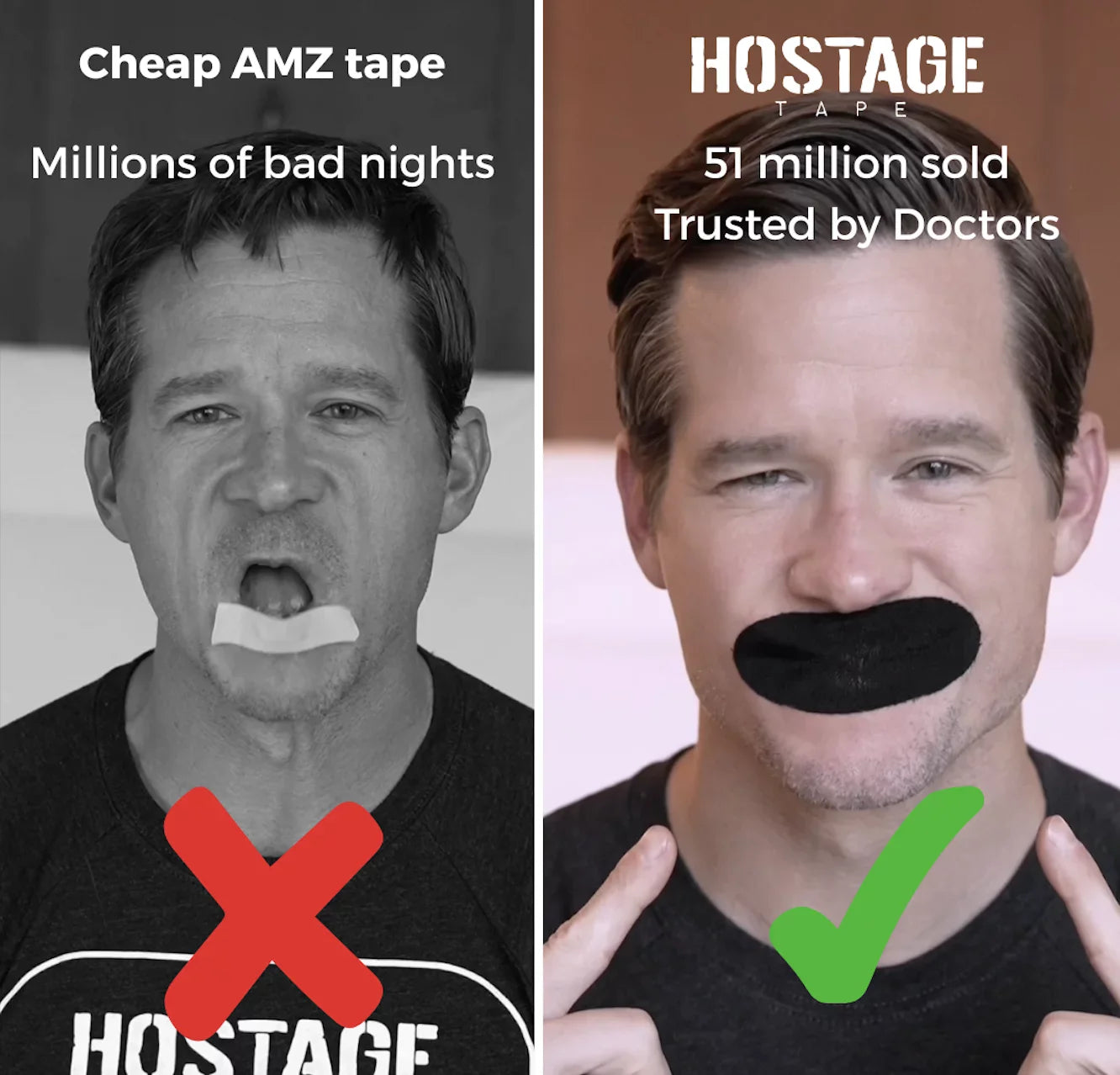Without adequate sleep, one would have difficulty functioning properly throughout the day. Sleep is also responsible for helping our body and mind recharge, brain function, and fending off certain diseases. It’s wildly important, to say the least.
But if you’re suffering from sleep apnea or have to spend the night next to someone who is, getting a good quality sleep feels impossible. For those who are unsure of what sleep apnea is, it’s a common condition that causes you to stop breathing during your sleep.
The signs and symptoms of sleep apnea include: loud snoring, gasping or choking during sleep, headaches in the morning, excessive sleepiness during the day, difficulty focusing, and waking up with a sore or dry throat.
Because sleep apnea should be taken seriously, we’ve found six important facts that you should know about the medical condition:
1) Untreated sleep apnea can harm your health
If you suspect that you have sleep apnea, it’s incredibly important that you seek prompt medical attention from your family doctor or a sleep specialist. Failing to treat sleep apnea can result in heart disease, high blood pressure, depression, type 2 diabetes, stroke, anxiety, and in severe cases, it can be fatal.
Ignored and untreated sleep apnea can also harm the health of your brain as it’s not getting enough oxygen for extended periods of time at night.
2) Lifestyle changes can help improve your sleep apnea
While sleep apnea can sound rather intimidating, the good news is that there are several lifestyle changes that you can implement to improve your rest at night. Increasing the amount of exercise that you get on a weekly basis and losing any excess weight can improve your symptoms.
Drinking alcohol worsens sleep apnea, so it’s best to stop drinking three to four hours before going to bed, and limit your alcohol consumption to the weekends only. Even though it can seem impossible, try to switch to water after one or two drinks.
The same goes for smoking—many studies have shown that smoking cigarettes negatively impacts your sleep quality. Overall, prioritizing a healthy lifestyle and eating healthy will help you get a better rest each night.
Investing in a bed that can elevate your head, or a pregnancy pillow, can help you sleep in a comfortable position that promotes easier breathing.
3) There are two types of sleep apnea
Obstructive sleep apnea is the most common type and occurs when the muscles that support and control your tongue and soft palate relax, resulting in a partially closed or narrowed airway.
Central sleep apnea happens when your brain fails to instruct your muscles to breathe.
4) It affects men, women, and children
Nobody is safe when it comes to both types of sleep apnea, but it tends to affect more men than women or children. Sleep apnea in kids presents differently than it does in adults.
If you’re a parent, here are the symptoms of sleep apnea in children that you should watch out for: snoring, gasps or snorts while sleeping, bed wetting, restless sleeping, sleeping in odd positions, sleepwalking, night terrors, behavioral issues during the day, and excessive sleepiness when they are awake.
5) The size of your neck matters
This sounds unusual but it’s true — if you’ve got a larger neck than most, you’re prone to sleep apnea. It’s common in men with a neck circumference of 17 inches and women with a neck circumference of 16 inches.
6) There are certain risk factors
In addition to being passed down through your family, there are other factors that can increase your chances of developing sleep apnea. These include being overweight, a narrow airway, being male, having a larger neck circumference, and being older in age.
If you drink and smoke regularly, you’re also putting yourself at risk for developing or worsening sleep apnea. Certain medications used to treat anxiety and sleeping pills can also increase the risk for obstructive sleep apnea. It’s also a good idea to avoid taking muscle relaxants if you have sleep apnea as this can worsen your condition. If you’ve hurt your back or pulled a muscle, consider taking ibuprofen instead.
Join our Facebook Group here to have discussions and get sleep hacks with like-minded people suffering from snoring, sleep apnea, and mouth breathing.
Don’t let snoring take you Hostage!
The secret nobody is talking about.
Great sleep, Made simple.
The most comfortable mouth tape on the planet.







Share:
10 Things About Snoring You Didn’t Know!
5 sleep tips for new parents